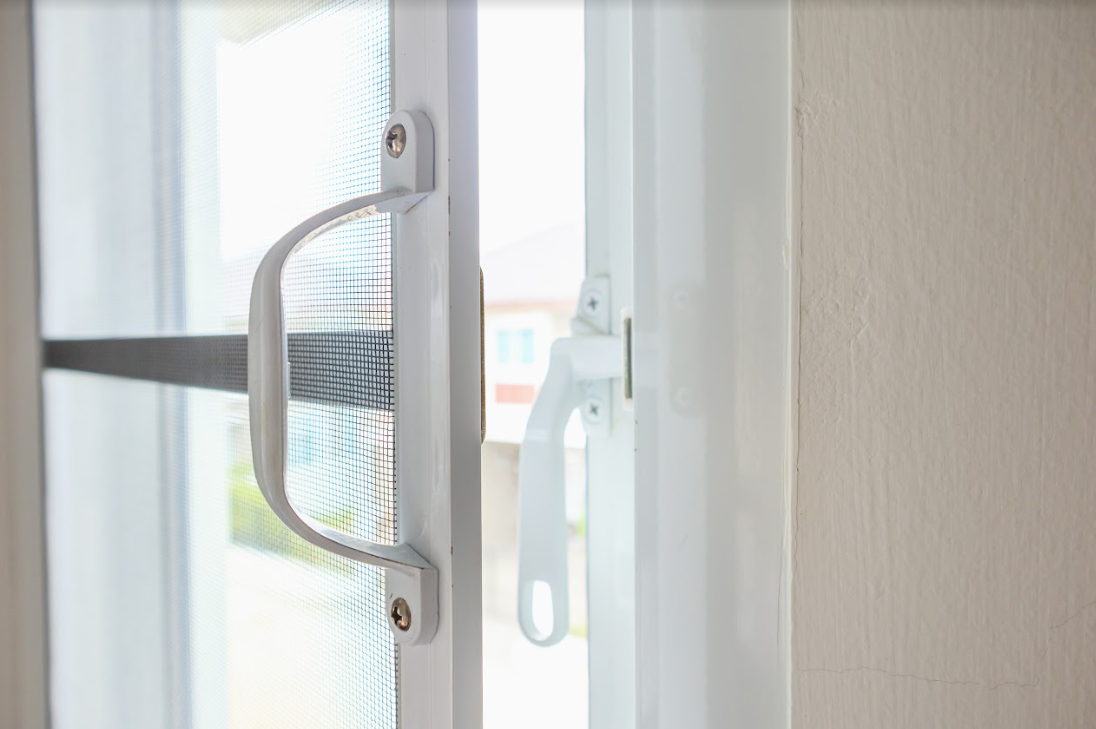4 Tips To Keep Your House Mosquito-Free

Mosquitoes are highly infectious insects that spread deadly diseases worldwide, making them some of the most dangerous animals out there!

Photos By: Adobe Stock Images
These animals prefer laying eggs in primary spots, such as mulch piles, bird baths, open water containers, and abandoned ornamental flower pots with soil, which causes infestation.
When mosquitoes start plaguing a residential property, they spread viruses by biting homeowners and their families, which affects their comfortable environment.
As a homeowner, you must ensure that your family is safe from mosquitoes because they can bring severe consequences which may require costly medications. These risky health conditions may include the transmission of severe diseases like the dengue virus, malaria, Zika, and West Nile virus.
To protect your loved ones from illnesses brought upon by mosquitoes, you have to take appropriate steps immediately. Luckily, this feature provides you with four strategies for keeping your home mosquito-free. Continue reading to learn more.
Install Screens On Doors And Windows
Among the most effective strategies to completely keep mosquitoes and other disease-carrying insects from entering a property is installing retractable flyscreens by ScreenAway and others on your doors and windows.
It’s said that fly screens are highly beneficial during warmer periods when homeowners want to take advantage of natural breezes but can’t do so due to outdoor pests. In addition to keeping unwanted infectious insects from the house, they also keep debris out of your home while allowing you to appreciate the view of the outdoors.
Before installing screens on doors and windows, you must accurately measure these residential elements so you can purchase a screen in a perfectly matching size. Once you do so, you have to choose a brand that naturally feels right for both the aesthetic aspects of the material and its quality to ensure that your screen can efficiently keep mosquitoes away.
To ensure that the installation is correct, you must consider seeking professional assistance from a local licensed contractor to have a successful project.
Place Mosquito Repellant Plants Around Your House
After installing retractable fly screens all around the open areas of your residential property, you need to place mosquito repellant plants surrounding the house. The calming scent of living organisms like basil, citronella, peppermint, lavender, marigold flowers, and lemon balm instantly annoy these insects, which pushes them away. The best thing about these plants is that they’re easy to grow and accessible, so you won’t have to wait for an extended period before you take advantage of their benefits.
To ensure that these plants will successfully combat mosquitoes, strategically place them on window sills and the balcony. For marigold flowers, you can grow these easy-to-grow flowers in pots and place them near your entrance or patio to your residential property to keep insects out. For a basil herb, you should put it in containers or in the garden, and you need to keep it damp while exposing it to the sun regularly to ensure that it emits a pungent smell.

Collect Coffee Grounds
After choosing your preferred mosquito-repellant plants around your house, you should consider collecting coffee grounds to keep insects from infesting your space. This edible tool makes mosquito eggs float into the surface, which causes them to run out of oxygen and leaves them dying before hatching. As a result, this material will help you prevent the mosquitoes from breeding and stop further infestation.
As a preemptive action, you can apply leftover coffee grounds directly to plants to stop mature mosquitoes from laying eggs by killing mosquito larvae.
Instead of purchasing new coffee grounds, you must collect them in an enclosed jar for around three weeks because aged caffeine is believed to be more effective at getting rid of larvae than fresh ones. Once you have enough supply, you may sprinkle them around garden trees and plants with formed water to prevent mosquito larvae from taking over your space.
Get Rid Of Stagnant Water
Every homeowner knows that stagnant water is a common area for disease-carrying mosquitoes. Most female insects scout out a moist spot to lay their eggs because this substance is essential for their eggs to hatch into larvae. If you don’t eliminate these areas, wigglers feed on organic matter and breathe oxygen from the surface, increasing the number of these insects surrounding your residential property.
To get rid of stagnant water, you must disrupt larval activity by increasing water circulation and repairing the point of entry of rainwater tanks. Since mosquitoes survive in shallow areas, you should consider adding more water to contaminated sites to make them more the two feet deep and provide vertical walls. Alternatively, you can avoid them by regularly removing full buckets, plastic bags, toys, and other clutter from your house.
Key Takeaway
As a homeowner, you need to secure the safety within your residential property to provide a healthier living space for your family and guests. You should keep your house mosquito-free by following these four tips. Once you do so, you can prevent mosquitoes and other insects from infesting your home, which allows you and your family to live a healthy life.






